Dá fala
Diffusion culturelle, réflexions, images, notes de voyage
Archives
Auteur
- administrador
- adrianabarbosa
- Alícia Gaspar
- arimildesoares
- camillediard
- candela
- catarinasanto
- claudiar
- cristinasalvador
- franciscabagulho
- guilhermecartaxo
- herminiobovino
- joanapereira
- joanapires
- keitamayanda
- luisestevao
- mariadias
- marialuz
- mariana
- marianapinho
- mariapicarra
- mariaprata
- martacacador
- martalanca
- martamestre
- nadinesiegert
- Nélida Brito
- NilzangelaSouza
- otavioraposo
- raul f. curvelo
- ritadamasio
- samirapereira
- Victor Hugo Lopes
Data
- janvier 2026
- décembre 2025
- novembre 2025
- octobre 2025
- septembre 2025
- août 2025
- juillet 2025
- juin 2025
- mai 2025
- avril 2025
- mars 2025
- février 2025
Étiquettes
- %23Slow %23Stop ... %23Think %23Move
- 25
- Africadelic
- ariana furtado
- Blues
- Cavaco Silva
- Centro Municipal de Arte Hélio Oiticica
- DOC TV CPLP
- DocLisboa
- FESTin 2016
- iconography
- literatura oral
- mercado de trabalho
- modernista
- Mundo Crítico
- música afro-cubana
- naturalistas
- Panoramas do Sul
- rebelião
- sawa sawa festival
Les plus lus
- Memory Activism Across the Lusophone World: (Im)Possibilities of Decolonial Practice (Special Issue - Portuguese Studies Review)
- "Úlcera, Útero", de Brassalano Graça
- METEORIZAÇÕES, Filipa César et al
- Palestras na Nova FCSH
- Ateliê Mutamba, Luanda
- Set-up: Podcast sobre dança contemporânea portuguesa anuncia terceira temporada
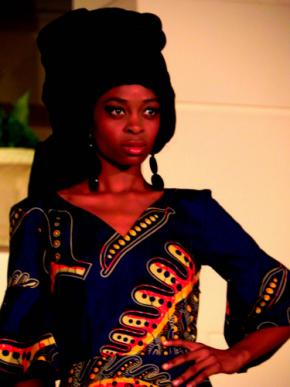 A utilização do tradicional pano africano em modelos arrojados ou clássicos, em peças com corte de pronto a vestir ao estilo ocidental, em acessórios de vestuário e outras utilidades entrou no dia a dia da capital e deixou de ser “extravagância” de estrangeiros para ser identidade dos habitantes de Maputo. Malas, brincos, colares, bolsa para portáteis, cintos ou porta-moedas. Camisas, calções, corsários, vestidos, saias, tiras de cabelo ou chapéus. De tudo se pode encontrar, utilizável por todos, em combinações mais ou menos arrojadas, mais ou menos “combinadas”.Desde 2005 Maputo apresenta a
A utilização do tradicional pano africano em modelos arrojados ou clássicos, em peças com corte de pronto a vestir ao estilo ocidental, em acessórios de vestuário e outras utilidades entrou no dia a dia da capital e deixou de ser “extravagância” de estrangeiros para ser identidade dos habitantes de Maputo. Malas, brincos, colares, bolsa para portáteis, cintos ou porta-moedas. Camisas, calções, corsários, vestidos, saias, tiras de cabelo ou chapéus. De tudo se pode encontrar, utilizável por todos, em combinações mais ou menos arrojadas, mais ou menos “combinadas”.Desde 2005 Maputo apresenta a 
 Hoje, 30 de Março, pelas 22H, no Bartô do Chapitô. A entrada é livre.
Hoje, 30 de Março, pelas 22H, no Bartô do Chapitô. A entrada é livre. 1.1. Formação superior em Agronomia e/ou agroeconomia
1.1. Formação superior em Agronomia e/ou agroeconomia
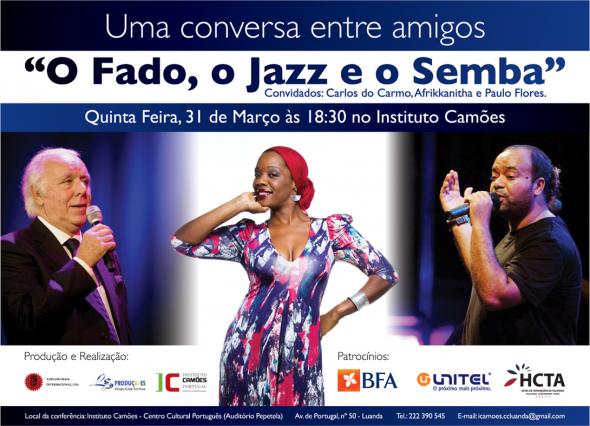

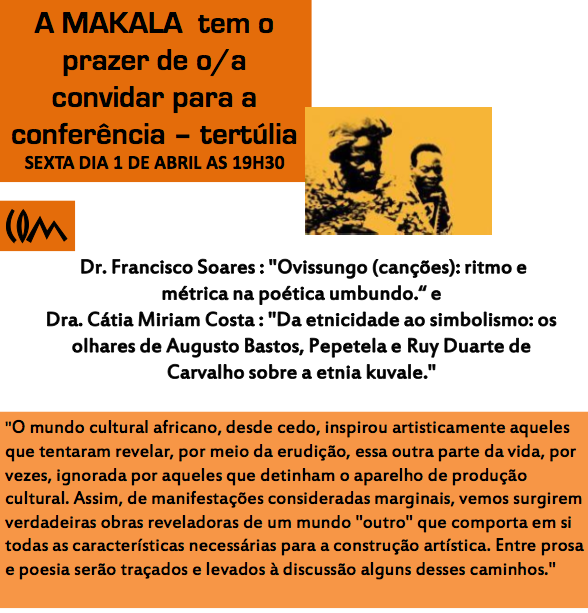
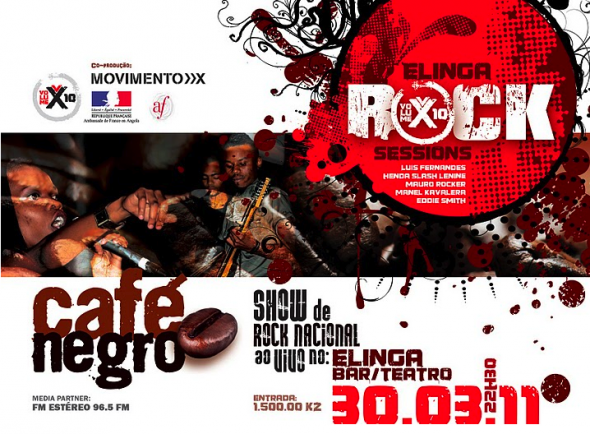
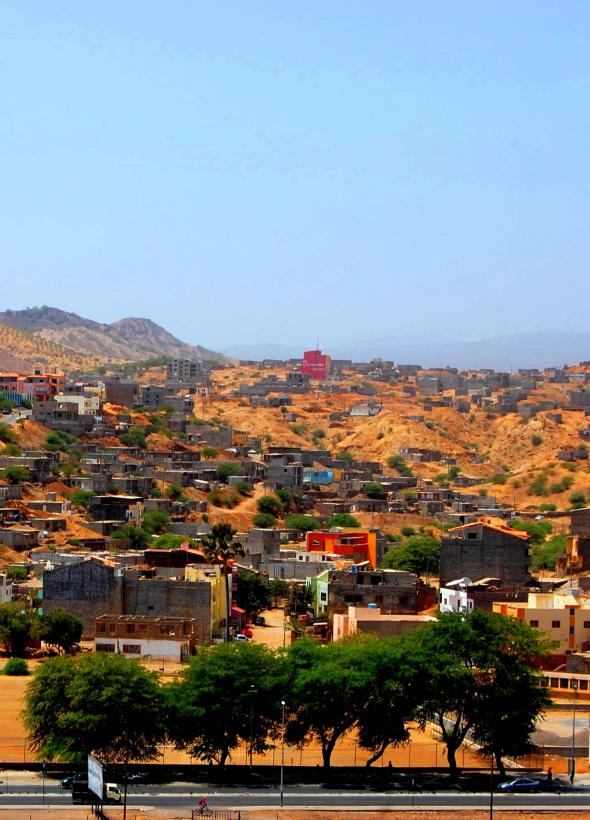 para quem se queixava de viver numa capital sem sal o (bom) problema agora é digerir tanto tempero.
para quem se queixava de viver numa capital sem sal o (bom) problema agora é digerir tanto tempero.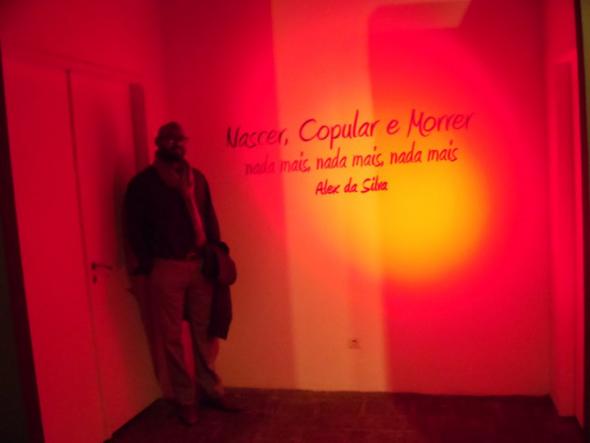 “Nascer, Copular e Morrer” é o título da exposição do artista plástico Alex da Silva, de 25 de Março a 9 de Abril, na Galeria Arco 8, em Ponta Delgada.
“Nascer, Copular e Morrer” é o título da exposição do artista plástico Alex da Silva, de 25 de Março a 9 de Abril, na Galeria Arco 8, em Ponta Delgada. 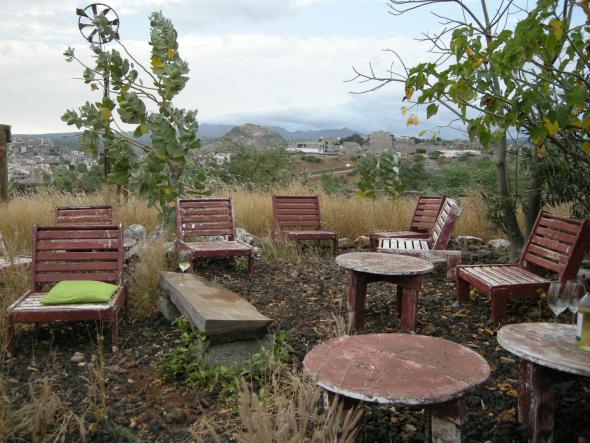
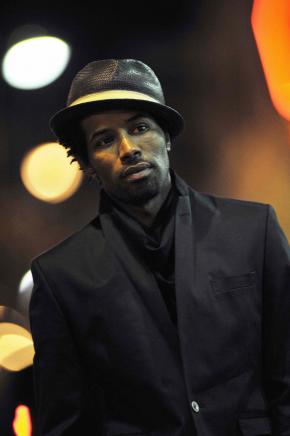 É o regresso de Izé Teixeira.
É o regresso de Izé Teixeira.